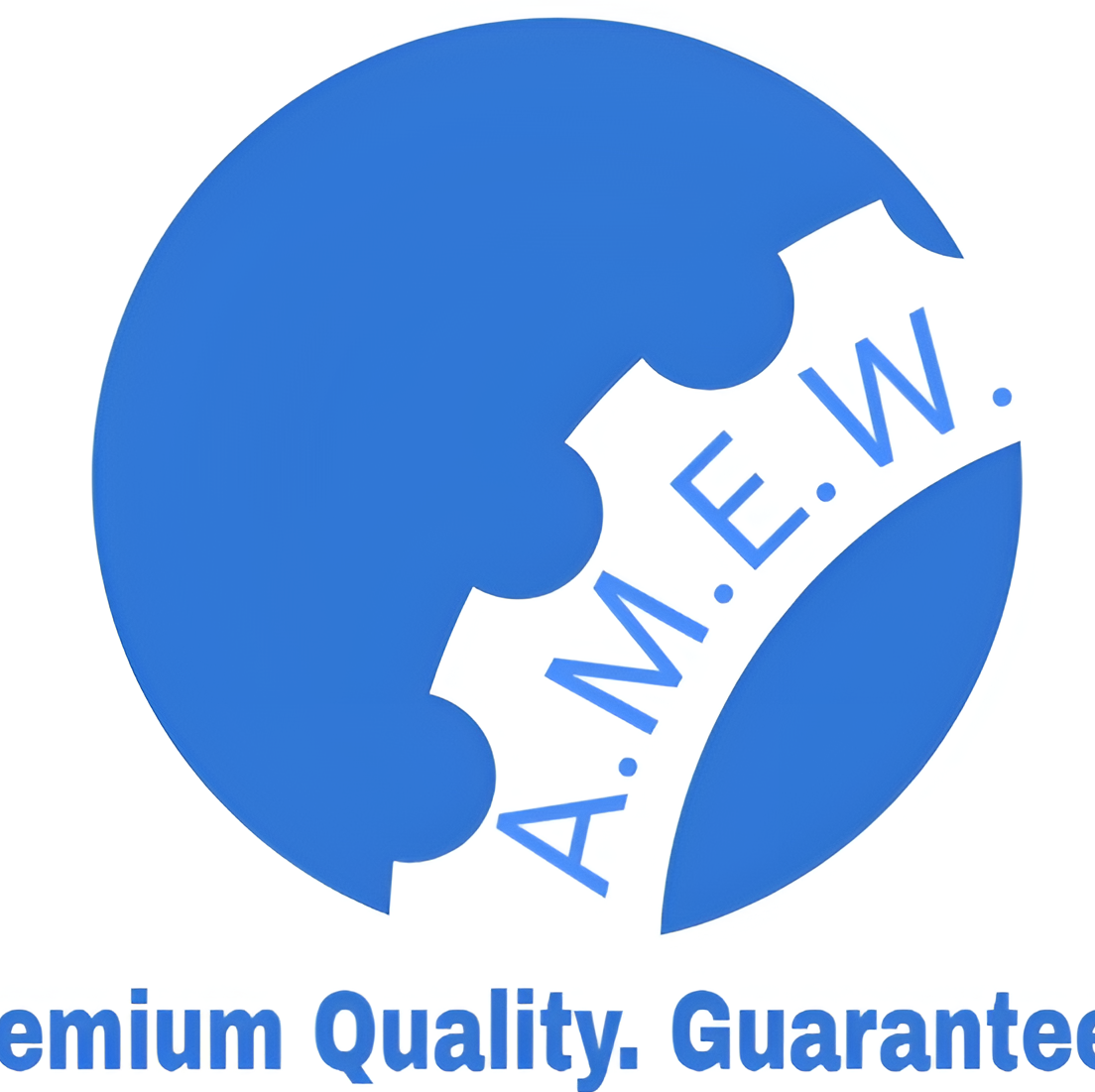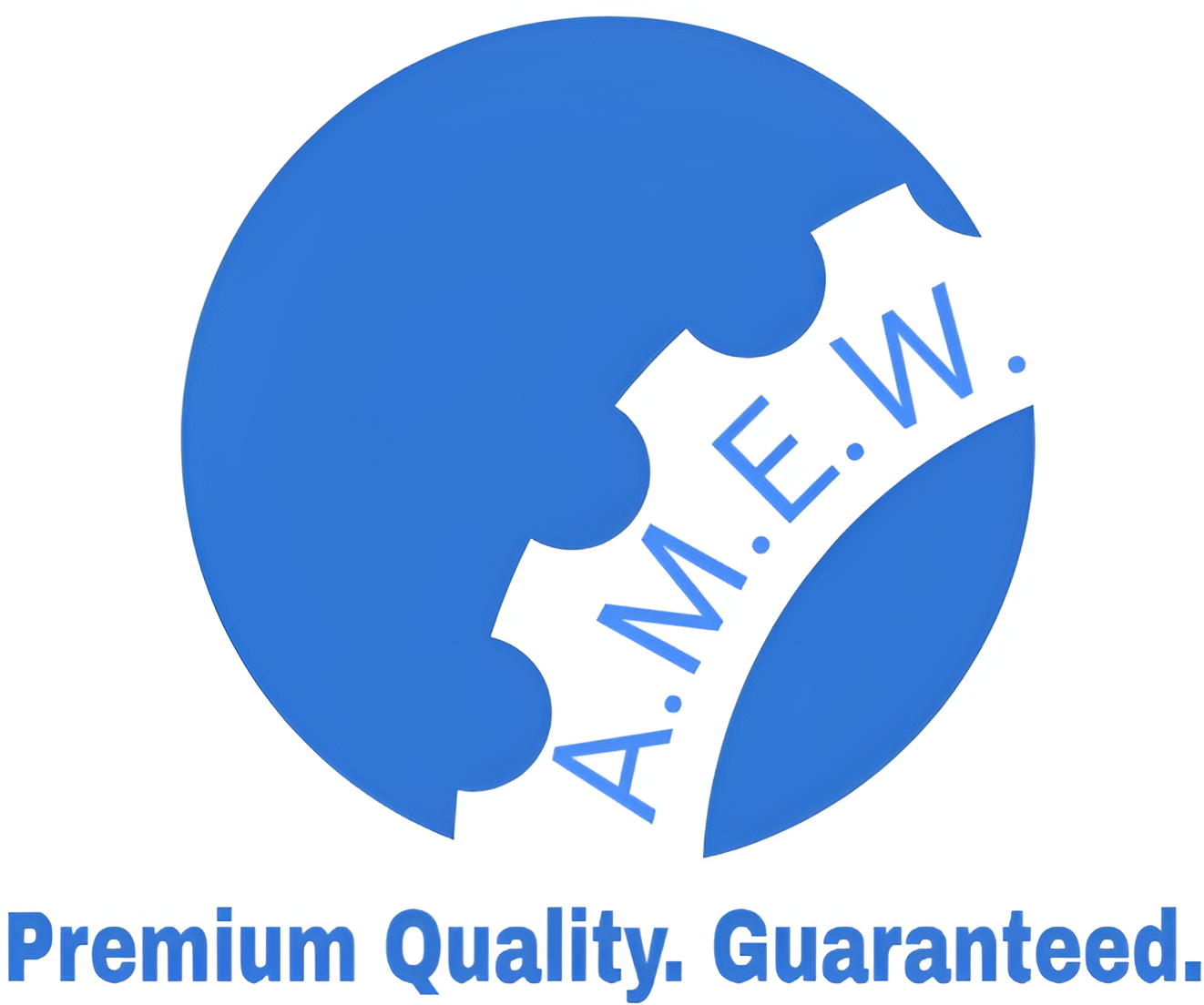Comprehensive Guide to 30CrMo4 Steel for Gas Cylinder Pipes
Gas cylinders play a critical role in various industries, from medical oxygen supply to compressed natural gas storage. One of the key materials used in their manufacturing is 30CrMo4 steel, also known as 1.7216, 30CrMo, or 4130 steel. This advanced alloy steel is renowned for its exceptional performance, ensuring the safety, reliability, and longevity of gas cylinders.
This guide dives deep into the unique properties of 30CrMo4 steel, its advantages, and why it stands out as a go-to option for gas cylinder manufacturing.
Understanding 30CrMo4 1.7216 Steel
30CrMo4 is a low-alloy steel with medium carbon content. It belongs to the chromium-molybdenum steel family, valued for its high strength, excellent toughness, and superior heat resistance. These properties make it a top choice in applications where durability and safety are paramount, like gas cylinders.
With multiple designations in global standards (e.g., DIN 1.7216, AISI 4130), this steel has earned its place across industries, particularly in high-pressure and high-stress environments. Its ability to withstand extreme conditions makes it crucial in sectors like aerospace, automotive, construction, and, of course, gas storage.
Properties and Chemical Composition of 30CrMo4
What sets 30CrMo4 apart is its carefully engineered chemical makeup that balances strength, flexibility, and resistance properties. Below is a breakdown of its composition:
|
Element |
Content (%) |
|---|---|
|
Carbon (C) |
|
|
Chromium (Cr) |
|
|
Molybdenum (Mo) |
|
|
Silicon (Si) |
≤ 0.40 |
|
Manganese (Mn) |
|
|
Phosphorus (P) max |
≤ 0.025 |
|
Sulfur (S) max |
≤ 0.035 |
Key Mechanical Properties
- Tensile Strength: Superior tensile strength (approx. 850 – 1100 MPa) ensures it can withstand high pressures.
- Yield Strength: Reliable yield strength (approx. 600 MPa) enhances safety in high-stress usage scenarios.
- Hardness: Approximately 217 HBW, indicating strong resistance to wear and tear.
- Impact Toughness: Excellent toughness ensures resilience even in low-temperature environments.
These attributes make 30CrMo4 an ideal material for gas cylinders, which undergo significant stress during pressurization.
Manufacturing Gas Cylinder Pipes with 30CrMo4
Crafting gas cylinders using 30CrMo4 requires precision and adherence to strict quality standards. Below is an overview of the manufacturing process:
1. Steel Mill Production
The steel is first refined in the mill, ensuring the proper chemical composition and removing impurities. Advanced methods like vacuum degassing are often used to ensure high purity.
2. Pipe Formation
30CrMo4 is processed into seamless pipes. The process includes hot rolling or extrusion, which enhances the homogeneity of the material. Seamless pipes are critical for gas cylinders to eliminate the risk of leakage along welded seams.
3. Heat Treatment
The pipes undergo heat treatment to optimize their properties. Common steps include quenching and tempering, which improve hardness, tensile strength, and toughness.
4. Hydrostatic Testing
Manufactured pipes are subjected to hydrostatic testing to simulate conditions under extreme pressure. This stage ensures that only structurally sound pipes are used for gas cylinder production.
5. Finishing
The cylinders are finished with surface treatments, such as galvanization or powder coating, which add an extra layer of protection against corrosion.
Why 30CrMo4 Stands Out for Gas Cylinders
1. Exceptional Durability
30CrMo4 steel’s combination of tensile strength and toughness makes it durable under the most demanding conditions. It can resist cracks and deformities even under extreme pressure.
2. Enhanced Safety
Safety is paramount in gas cylinder manufacturing. 30CrMo4’s structural reliability significantly reduces the risk of leakage or rupture, even when storing gases at very high pressures.
3. Corrosion Resistance
While not inherently corrosion-proof, the addition of chromium aids in resisting oxidation and corrosion, extending the lifespan of cylinders. Surface treatments further enhance this property.
4. Superior Heat Resistance
The molybdenum content enhances the steel’s resistance to thermal degradation, allowing it to maintain its properties under fluctuating temperatures.
5. Customizability
The heat-treatment capabilities of 30CrMo4 allow manufacturers to tailor the steel’s properties to specific operational demands.
Comparison with Other Gas Cylinder Materials
To further understand the advantages of 30CrMo4, here’s how it compares to other commonly used materials in gas cylinder manufacturing:
1. Comparison with Stainless Steel
- Durability: Stainless steel excels in corrosion resistance, but 30CrMo4 offers greater tensile strength.
- Cost: 30CrMo4 is generally more cost-effective than high-quality stainless steel.
2. Comparison with Aluminum Alloys
- Weight: Aluminum is lighter, but 30CrMo4’s strength-to-weight ratio allows for thinner walls, keeping cylinders compact without compromising safety.
- Pressure Handling: Aluminum struggles under ultra-high pressures compared to 30CrMo4.
3. Comparison with Carbon Steel
- Performance: Carbon steel lacks the high-impact toughness of 30CrMo4, making it less suitable for high-pressure applications.
- Lifespan: 30CrMo4 has a longer service life due to its superior strength and resistance properties.
Choosing 30CrMo4 for Your Gas Cylinder Needs
With its unmatched combination of strength, toughness, and thermal resistance, 30CrMo4 is the gold standard for gas cylinder manufacturing. It ensures safety and reliability even in the most demanding industrial applications.
To maximize the benefits of 30CrMo4 steel, it’s vital to partner with trusted suppliers and manufacturers who adhere to strict quality control standards. This will ensure your gas cylinders are not only safe but also long-lasting.
For industries relying on pressurized storage solutions, 30CrMo4 remains a go-to choice, fitting both performance and economic requirements seamlessly.

